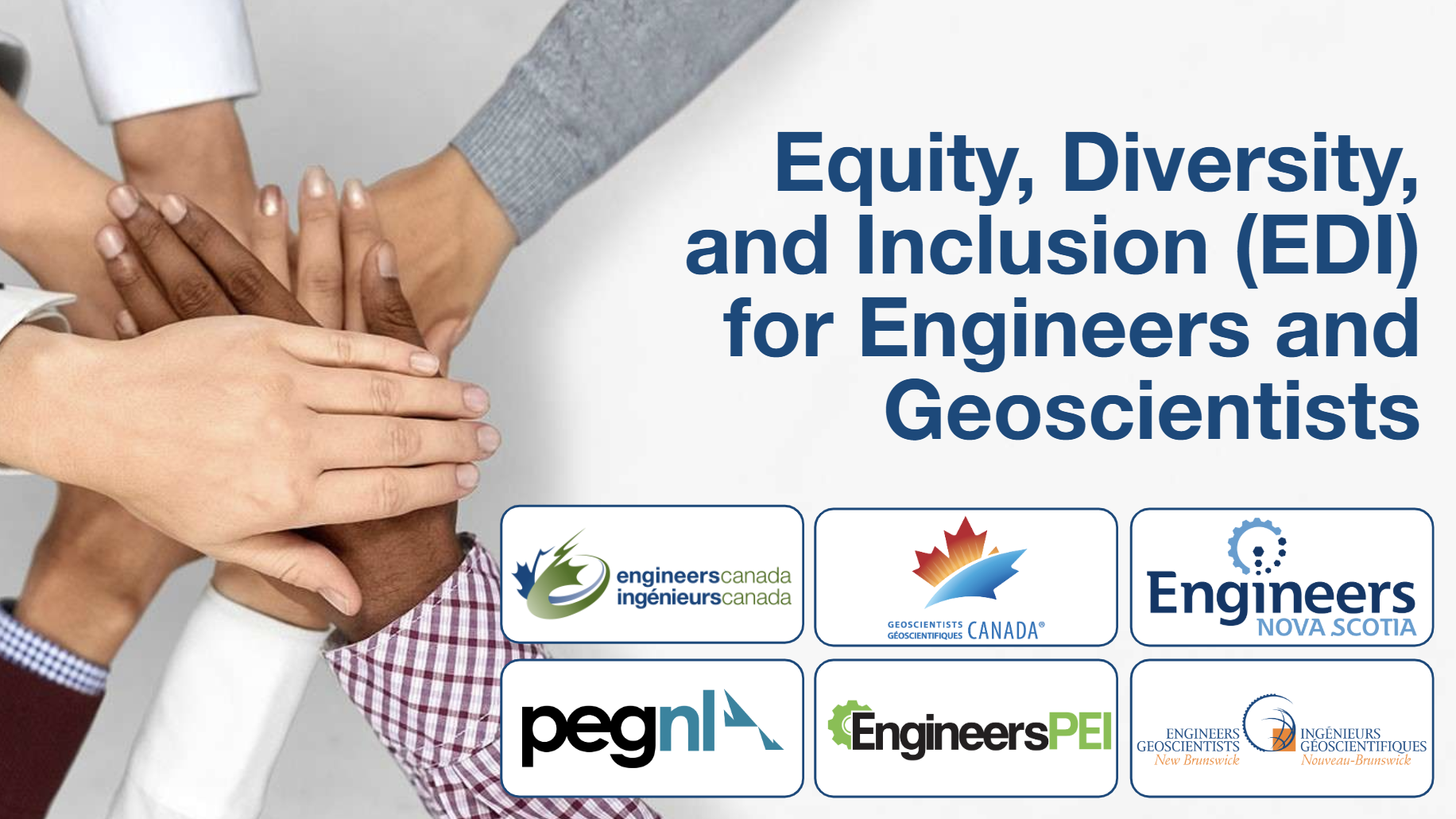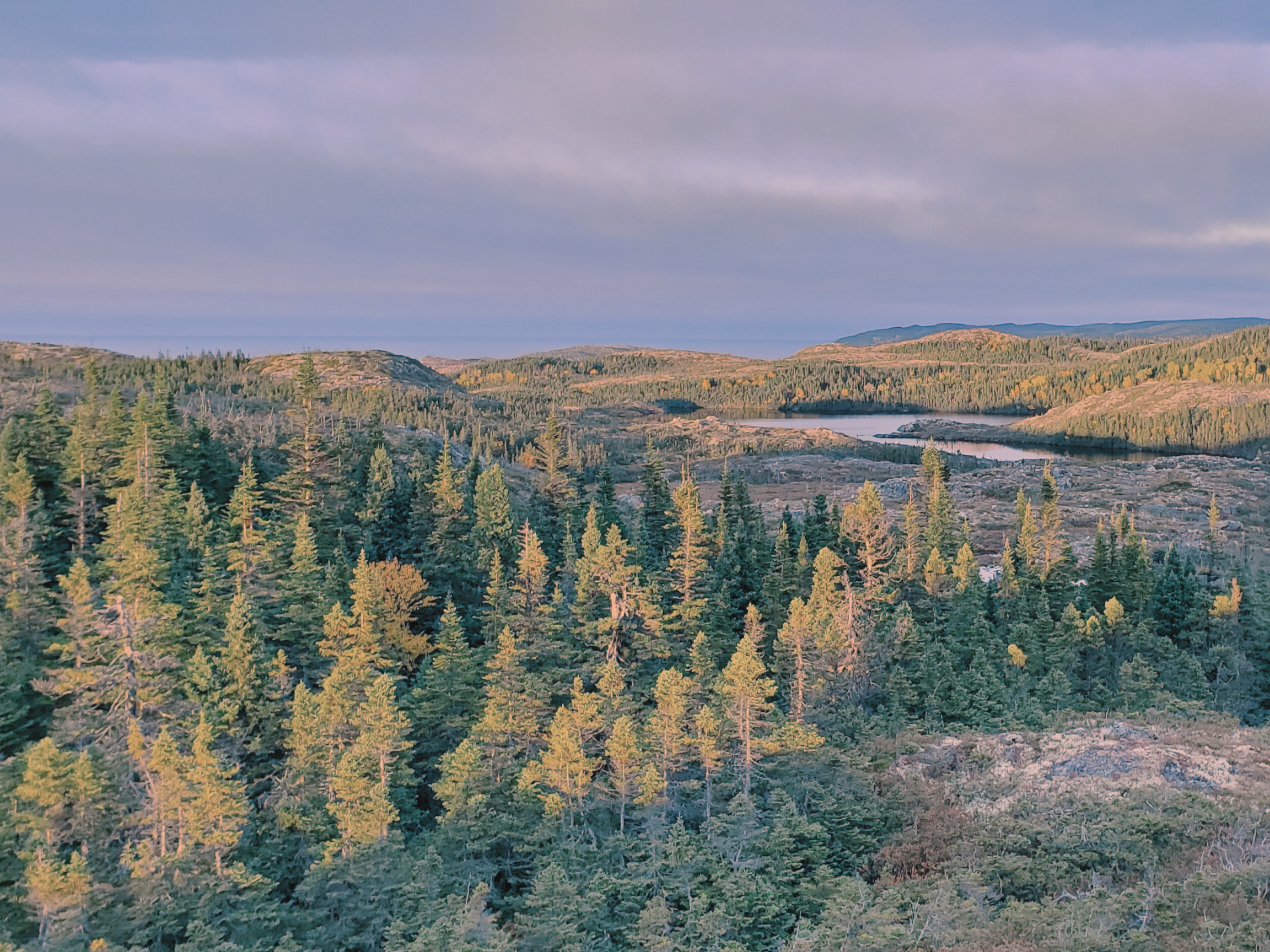
This course is a foundational training on equity, diversity, and inclusion (EDI) to help individuals develop competencies in inclusive behaviours and emotional intelligence. EDI in engineering and geoscience means fostering professional environments and relationships that welcome and advocate for diversity among professionals and enable all professionals to contribute to their full potential without barriers or discriminations. This includes people who are part of one or more equity-seeking groups that have been historically, persistently, and systemically marginalized in Canadian society, including but not limited to all genders, LGBTQ2S+ persons, Indigenous people, Black people, people of colour, and persons with disabilities. Through this course you will gain knowledge and skills in cultural and emotional intelligence and other inclusive behaviours.

This webinar will discuss the historic and contemporary role engineering has played in Indigenous communities and how we as engineers can move forward in a spirit of reconciliation. We will talk about what exactly is meant by decolonization and why we need to address this issue. In order to better understand this role we will look at some contemporary engineering issues in Indigenous communities and review some traditional Indigenous design. We will also talk about UNDRIP and how that might affect engineering projects in the future.

In this course you'll learn about the basis of professional self-regulation and the inherent ethical responsibilities of engineers and geoscientists through real and theoretical case studies.

In this module, you'll learn about professionalism, conflict of interest, and how to conflict of interest through some case studies.
